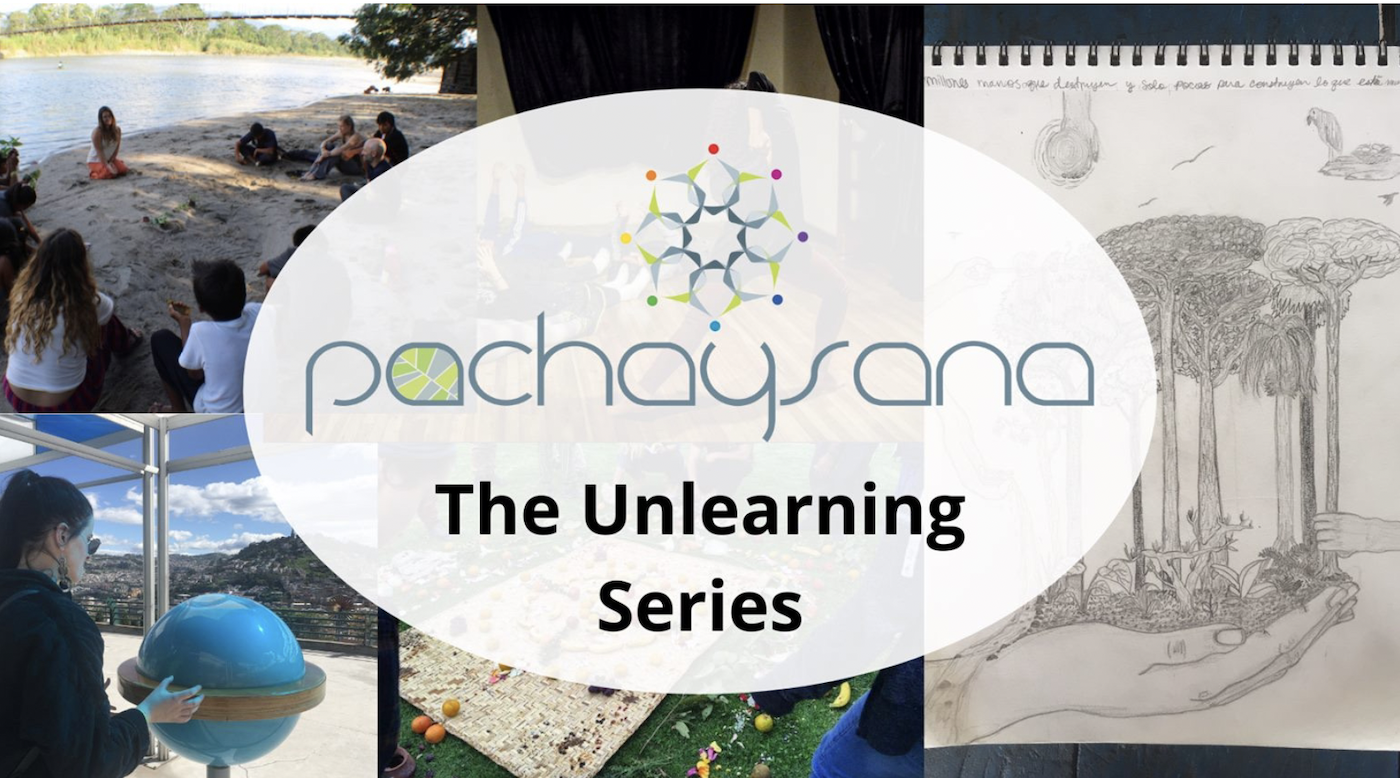
c/o wesandtheworld.blogs.wesleyan.edu
The Pachaysana Unlearning Series, a series of webinars and workshops, will be presented over the course of the fall semester with a focus on the theme “Decolonizing Knowledge and Epistemic Justice.” The series is presented by the Resource Center, the Fries Center for Global Studies, the Office for Equity and Inclusion, the College of Letters, and the Office of Faculty and Career Development and hosted by the Pachaysana Collective.
The webinar, entitled “Visibilizing Epistemic Justice” was held on Sept. 21. The workshops, entitled “Radical Listening, Knowing and Being” and “Embodying Epistemic Justice,” will take place via Zoom on Oct. 11 and Nov. 9.
Director of Study Abroad Emily Gorlewski developed the series along with Resource Center Director Demetrius Colvin and the Pachaysana Collective, one of the University’s study abroad partners. The series is based on existing courses offered by the University and in the Pachaysana Collective’s study abroad program.
“Their focus is on decolonizing education and centering indigenous epistemologies, and they work with all different types of communities in Ecuador…so I got us all together to see if there were something we could collaborate on,” Gorlewski wrote in an email to The Argus. “We discussed many things and then Pachaysana proposed this series.”
Gorlewski added that she sees considerable value in the series for all members of the University community.
“It’s important to me as the Director of Study Abroad that students learn to see things through different perspectives,” Gorlewski wrote. “It develops empathy and serves social justice when they can develop that skill. This series will help all involved to learn about different ways of knowing and thinking, which is so, so rare and important.”
Even though the sessions will be recorded for students who are unable to attend, Gorlewski emphasized the importance of attendance.
“We do want to see more people there in person, though!” Gorlewski wrote. “Especially in the workshops there is going to be interaction and it’s much more effective to be there and do the things than to watch after the fact.”
Other University staff members who attended the first installment of the series, like Music Library Assistant Jennifer Hadley, also underscored the significance of the webinar. Hadley explained that her interest in the webinar stemmed from a desire to understand how she could have a positive impact in her own department.
“The library has been working to strengthen equity and justice in our practices so I was curious to find out more about epistemic justice and how to embody justice,” Hadley wrote in an email to The Argus. “Also, with so many departments sponsoring this program, it seemed like a crucial opportunity to join with others in a cross-campus effort to bring positive change.”
Ariana Molokwu, the Associate Producer for the University’s Antiracism Arts Initiative, also attended the webinar and explained that she found the webinar to be both informative and engaging. It reaffirmed her sense of climate urgency and reminded her to be proactive and mindful in her interactions with the natural environment.
“As many would agree, we are running out of time to save our planet,” Molokwu wrote in an email to The Argus. “The impacts of global warming and climate change are rooted in systemic violence. Indigenous and native communities have always valued their relationship to Mother Earth. In Western culture, we objectify nature simply in how we talk about it, which further increases the disconnect that has led us to where we are. We combat climate change by shifting the narrative and our connection to the world around us.”
Hadley also reiterated the value that she believes all Wesleyan students and staff can gain by applying the concepts that the Pachaysana Collective will demonstrate throughout the series.
“Since Wesleyan is so grounded in academic knowledge and problem-solving, it is important to also understand, appreciate, and incorporate other ways of knowing, relating, and creatively building community solutions,” Hadley wrote. “I think the more people share a language about these concepts, the better we can work together.”
Sulan Bailey can be reached at sabailey@wesleyan.edu.